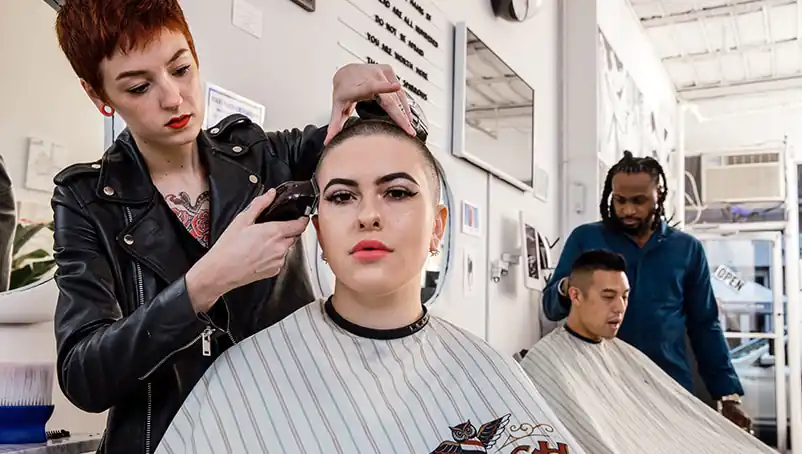When and why might you need to secure stop gap coverage?
Business owners usually only need to look into stop gap insurance if they’re located in certain monopolistic states. In a monopolistic state, the government has complete control and authority over certain aspects of life or the economy within its territory.
In the context of insurance, this means the government is the sole provider of workers’ compensation insurance, and private insurance companies aren’t allowed to sell this coverage. The government uses state funds, funded by premiums that employers pay, to compensate employees for work-related injuries.
Monopolistic states include:
- North Dakota
- Washington
- Wyoming
- Ohio
Otherwise, stop gap coverage is typically included in your workers’ compensation coverage.
How does stop gap coverage work?
Workers’ compensation insurance gives benefits to employees who suffer work-related injuries or illness. It can cover medical expenses, lost wages and other related costs.
But workers’ compensation laws are different in monopolistic states, meaning businesses are legally obligated to buy workers’ compensation insurance from the state fund. However, there may be cases where the coverage is limited, for example, it doesn’t encompass employers’ liability coverage.
This is where stop gap coverage steps in to give employers protection if an employee files a lawsuit for a work-related accident that’s not fully covered by workers’ compensation.
By the way, if you buy workers’ compensation insurance through NEXT, employers liability coverage is already included — no stop gap needed.
How to get customized coverage with NEXT
At NEXT, we aim to provide you with affordable, custom business insurance suited to your business needs. It’s as easy as answering a few questions online, and you’ll receive your tailored instant quote within 10 minutes. Once your insurance is active, you can immediately access your certificate of insurance and share it 24/7 via the NEXT app.
Start a free instant quote with NEXT.













